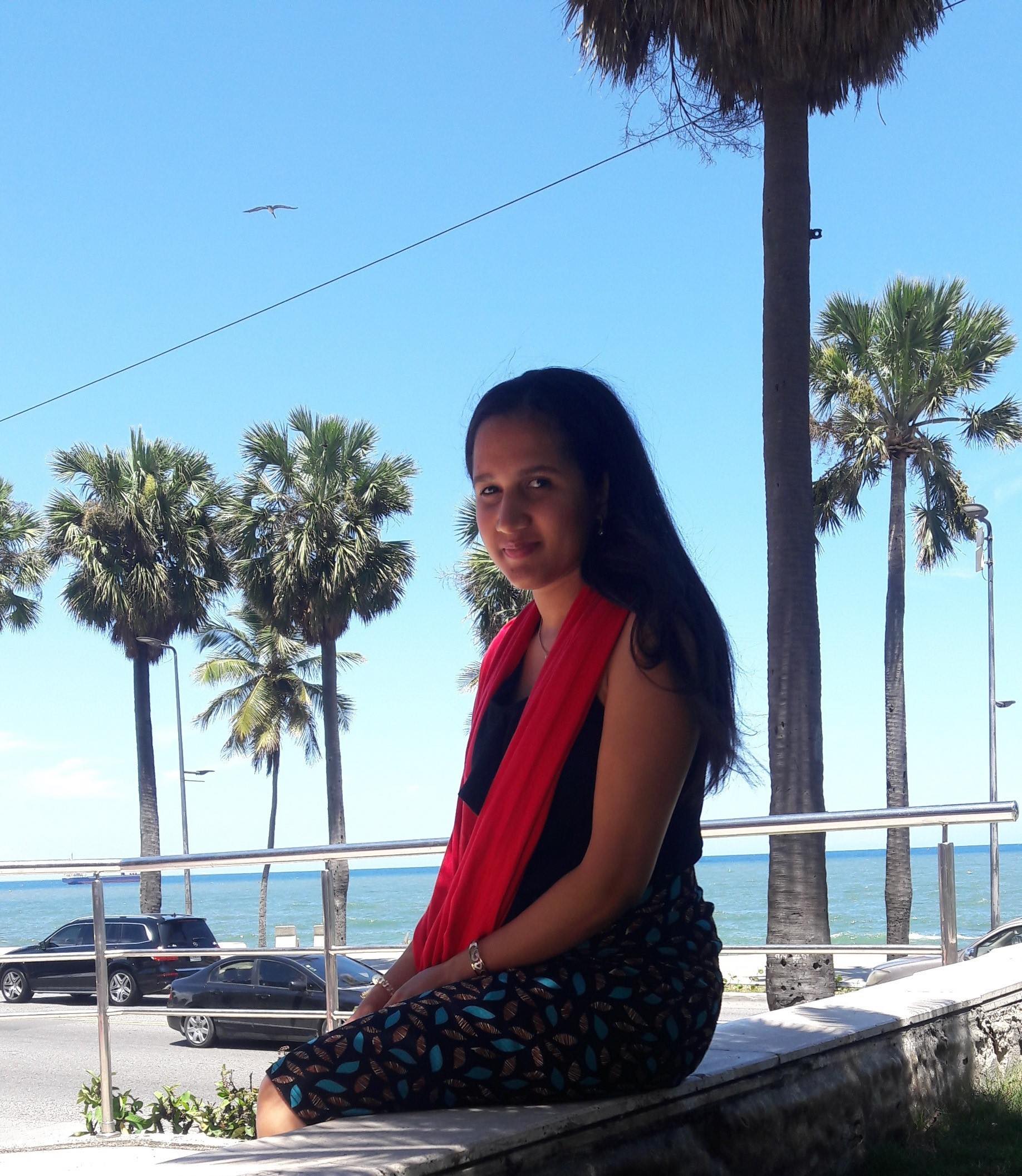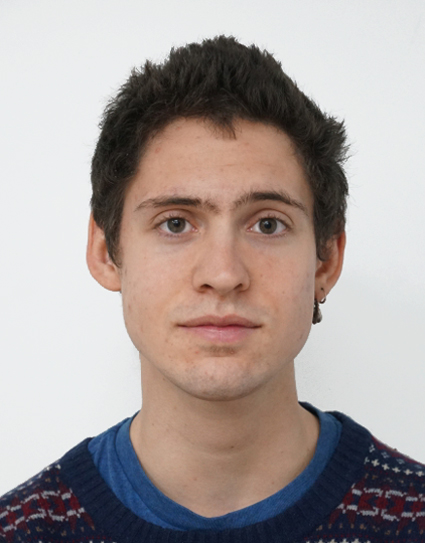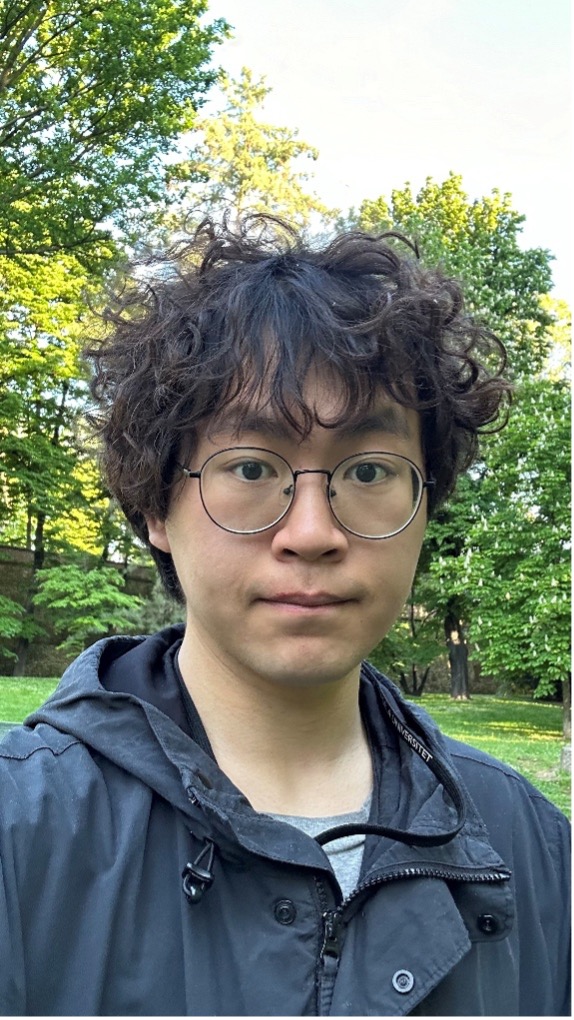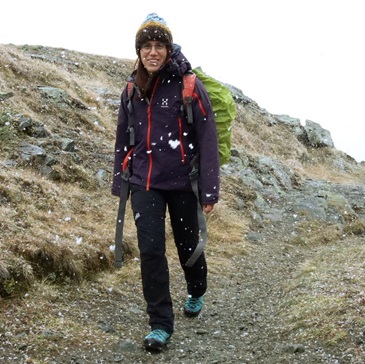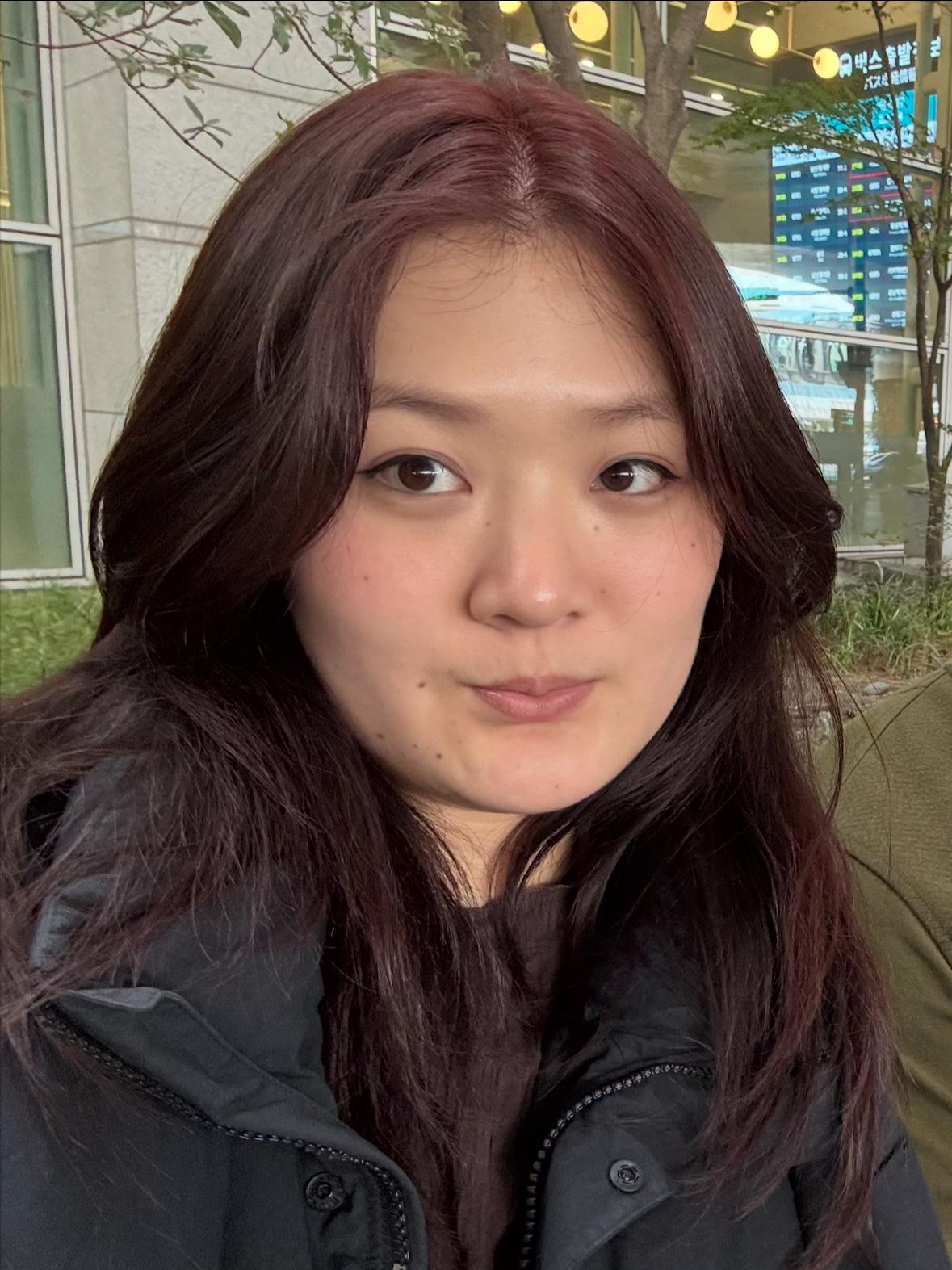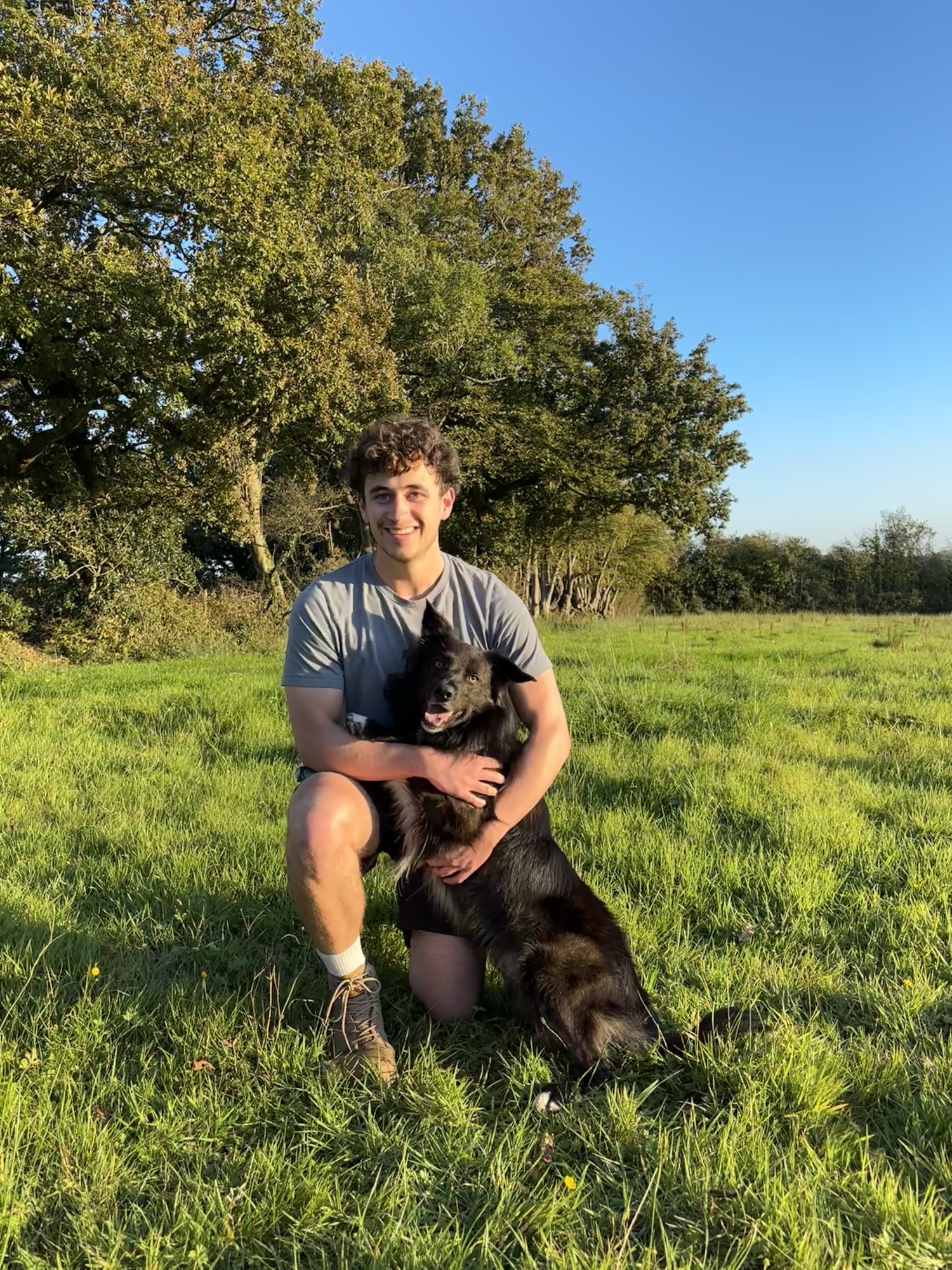Computational Ecology Lab Members
At the Computational Ecology Lab we are excited to share science with anyone interested in the creation and perpetuation of knowledge. We welcome members from all backgrounds! The only requirement: be enthusiastic about scientific discussions!.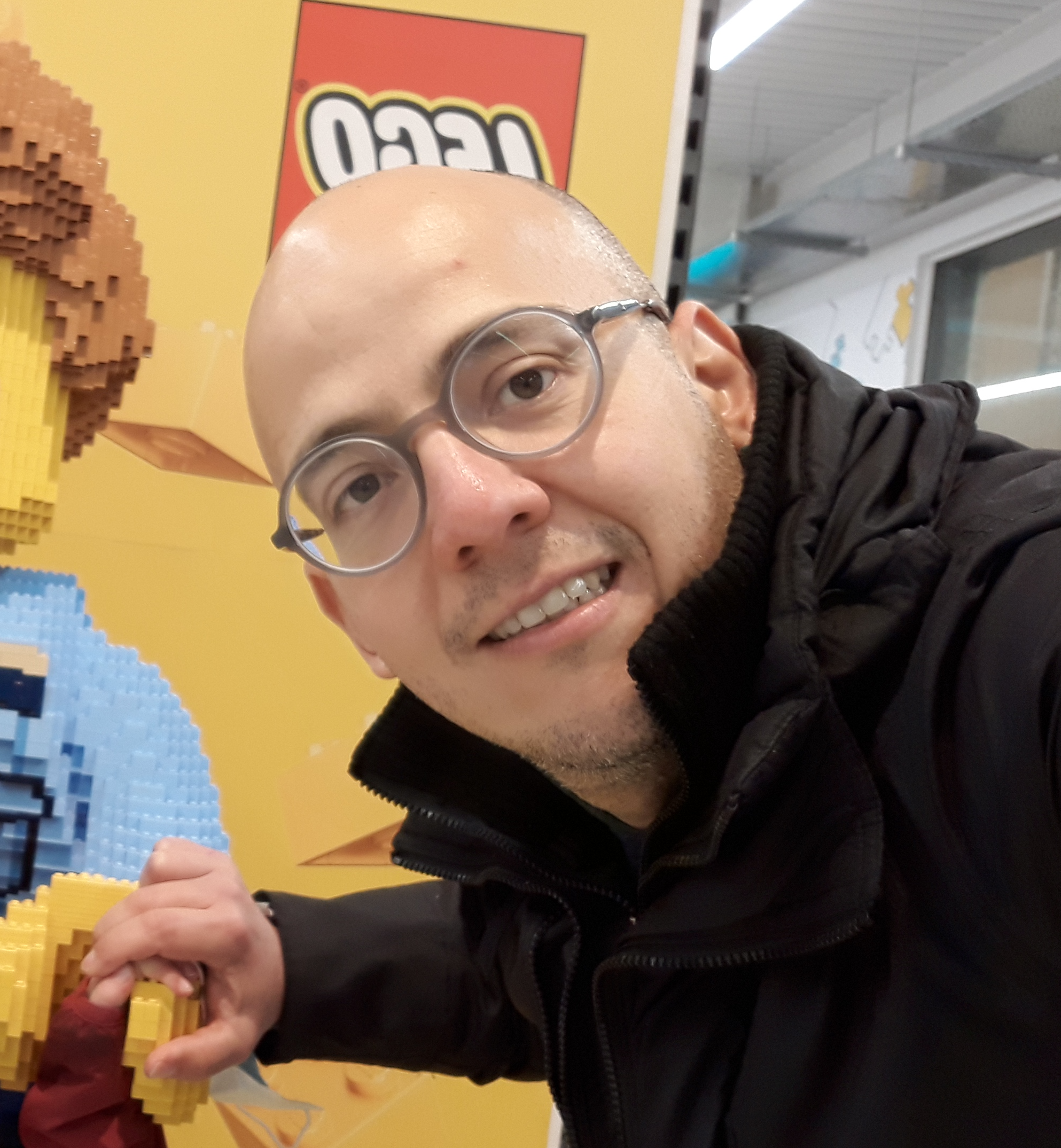
Dr Miguel Lurgi
Principal Investigator
miguel.lurgi (at) swansea.ac.uk
https://www.swansea.ac.uk/staff/miguel.lurgi/
 0000-0001-9891-895X
0000-0001-9891-895X  Miguel's Citations
Miguel's Citations  computational-ecology-lab
computational-ecology-lab  Miguel's Observations
Miguel's Observations  The Conversation
The Conversation Miguel obtained his BEng in Computer Engineering in 2003 at the Simón Bolívar University (Caracas, Venezuela), for which he was awareded Cum Laude honours. He did his thesis, entitled: A Constraint Programming Language for C++ under the supervision of Dr. Héctor Palacios. He was a member of the Artificial Intelligence Group, working on robotics, neural networks, genetic algorithms and individual-based models.
In 2004, Miguel moved to Brighton, UK and completed an MSc in Evolutionary and Adaptive Systems at the University of Sussex. At Sussex, under the supervision of Dr Inman Harvey, he investigated the role of Classical Conditioning in Evolutionary Robotics.
In 2009, Miguel joined the School of Informatics of the University of Edinburgh, Scotland, UK, as a Marie Skłodowska Curie Research Associate. Under the supervision of Dr Dave Robertson, Miguel developed the foundations of an ecologically inspired multi-agent system borrowing ideas from ecology and evolution. These efforts granted him an MRes in Artificial Intelligence and seeded his interests in what would become his main research focus to date: networks of ecological interactions.
In 2011, Miguel received a PhD scholarship from Microsoft Research to complete his PhD studies at the Centre for Ecological Research and Forestry Applications at the Autonomous University of Barcelona and the Marine Sciences Institute of the Spanish Research Council (CSIC) under the supervision of Dr José Montoya and Dr Bernat Claramunt-López. For his thesis The Assembly and Disassembly of Ecological Networks in a Changing World, Miguel obtained his PhD with Cum Laude honours in 2014.
Right after finishing his PhD (2014), Miguel took a postdoctoral position at the School of Biological Sciences at the University of Adelaide, Australia. During his time in Australia, he investigated the effects of invasive species management on ecosystems through a complex networks modelling approach. In 2016, his Australian experience came to an end, and Miguel returned to Europe to join his former advisor and good friend Dr José Montoya as a postdoctoral researcher at the Centre for Biodiversity Theory and Modelling of the Theoretical and Experimental Ecology Station of the CNRS in Moulis, France. At the CNRS Miguel developed a comprehensive research programme into the assembly and disassembly of complex ecosystems across spatial scales and ecosystems.
In 2019, Miguel joined the Department of Biosciences at Swansea University, where he founded the Computational Ecology Lab. The research focus of the lab remains the fundamental understanding of the ecological and evolutionary mechanisms behind the assembly and disassembly of complex ecosystems. Miguel tackles these challenges using a combination of empirical analyses of large and complex datasets on both microbial and macrobial commuinities, and theoretical models incorporating dynamics in complex networks and the processes that are believed to be behind their emergence.
Outside of lab, Miguel enjoys birdwatching and mountain biking.
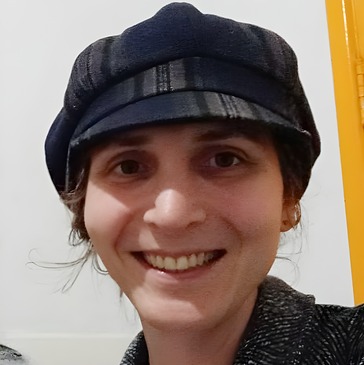
Gui Araújo, Ph.D.
she/her/hers
Postdoctoral Researcher
gui.dav.araujo (at) gmail.com
 0000-0001-8131-1553
0000-0001-8131-1553  Gui's Citations
Gui's Citations  LR-GUI
LR-GUI I’m a physicist with training in statistical mechanics. My research after graduating has been mainly concerned with modeling diverse questions in theoretical ecology while developing methods in population dynamics and evolutionary game theory.
My project at the Computational Ecology Lab consists of developing a metacommunity framework for the eco-evolutionary assembly of complex ecological communities and then applying these methods to the assembly of host-microbiome communities. In particular, we are interested in analyzing sponge microbiome data.
I like all things related to games and game design, both digital and board games, and I’m an indie game developer. I also play the keyboard and I’m a lover of ethnic percussion and minimal music.
I’m a Master student in Biodiversity, Operation and Management of Ecosystems at the University of the Basque Country (Spain). My thesis is jointly supervised by Dr Isabel Donoso, research fellow at BC3 in Bilbao and Miguel. My research focuses on understanding the drivers of variability in the structure of plant-frugivore interaction networks and the dispersion of seeds by birds.
I’m a biologist graduated from the Autonomous University of Santo Domingo (Dominican Republic), where I did my thesis about a population study of Trachemys stejnegeri vicina. I have participated as a research assistant in the Project of the Impact of Climate Variability in Strombus pugilis populations, in addition to working closely on biological fisheries and aquaculture topics, as well as in areas such as herpetology and ornithology, carrying out monitoring in urban parks and protected areas.
Marco is a joint PhD student with the SHOAL group supervised by Dr Andrew King.
I graduated in Ecology and Evolution at the university of Groningen and did my thesis at the University of Lausanne, investigating collective decision-making in ants using individual-based simulations.
In Swansea, I am investigating the collective behavior of different model species, to see how individual heterogeneity impacts group behaviour. I plan to implement some of the insights gained form studying biological systems in robotic swarms.
When I am not busy playing with models, I am usually either rock-climbing, hiking, or looking at plants.
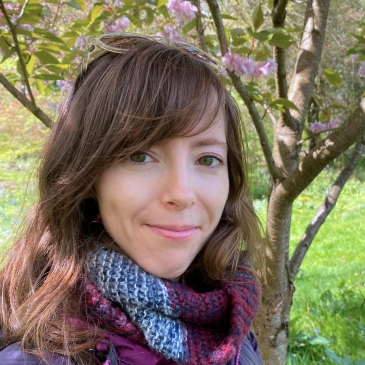
Anaïs Jolivet
she/her/hers
PhD Student
a.jolivet (at) creaf.uab.cat
 0000-0002-6297-6274
0000-0002-6297-6274  anaisjolivet
anaisjolivet I am a PhD student at the Centre for Ecological Research and Forestry Applications (CREAF) at the Autonomous University of Barcelona, under the supervision of Dr Bernat Claramunt-López, head of the MountainLab and Dr Miguel Lurgi. I hold a BSc degree in Biology and a MSc degree in Ecology and Environmental Management and Restoration, both from the University of Barcelona. During the final year of my BSc degree, I did my thesis in Plant Ecology at the Norwegian University of Science and Technology.
I started working at CREAF with my MSc thesis, analysing a Pyrenean river basin as a mountain social-ecological system. I am interested in understanding current and future sustainability challenges in mountain areas. In my PhD, I am studying the interactions between social, economic and environmental components in different mountain social-ecological systems in Europe. Our approach involves both analysing empirical mountain data and system dynamics modelling.
When I am not at my computer, I enjoy cooking, hiking and learning new crafts.
I am a PhD student here at Computational Ecology Lab, investigating the project Harnessing ecosystem resilience to inform woodland restoration across Wales.
I am a biogeographer specializing in modeling the distribution of species and biodiversity. Before coming to Swansea, I completed my master’s thesis at Uppsala University, where I focused on integrating the spatial configuration (e.g., heterogeneity, complexity) of environmental factors as predictors in biodiversity distribution modeling. These predictive models are often ‘black boxes’ and difficult to interpret.
Currently, my goal is to explore theoretical models and simulation approaches to better understand how different facets of biodiversity—such as species richness, genetic diversity, and interaction complexity—are maintained under varying spatial configurations. I am also interested in examining how existing species distribution models perform in small-scale research areas like Wales, and in seeking ways to improve their reliability and explanatory power.
I enjoy traveling, hiking, watching movies, reading poems, learning languages and enjoying a cup of coffee.
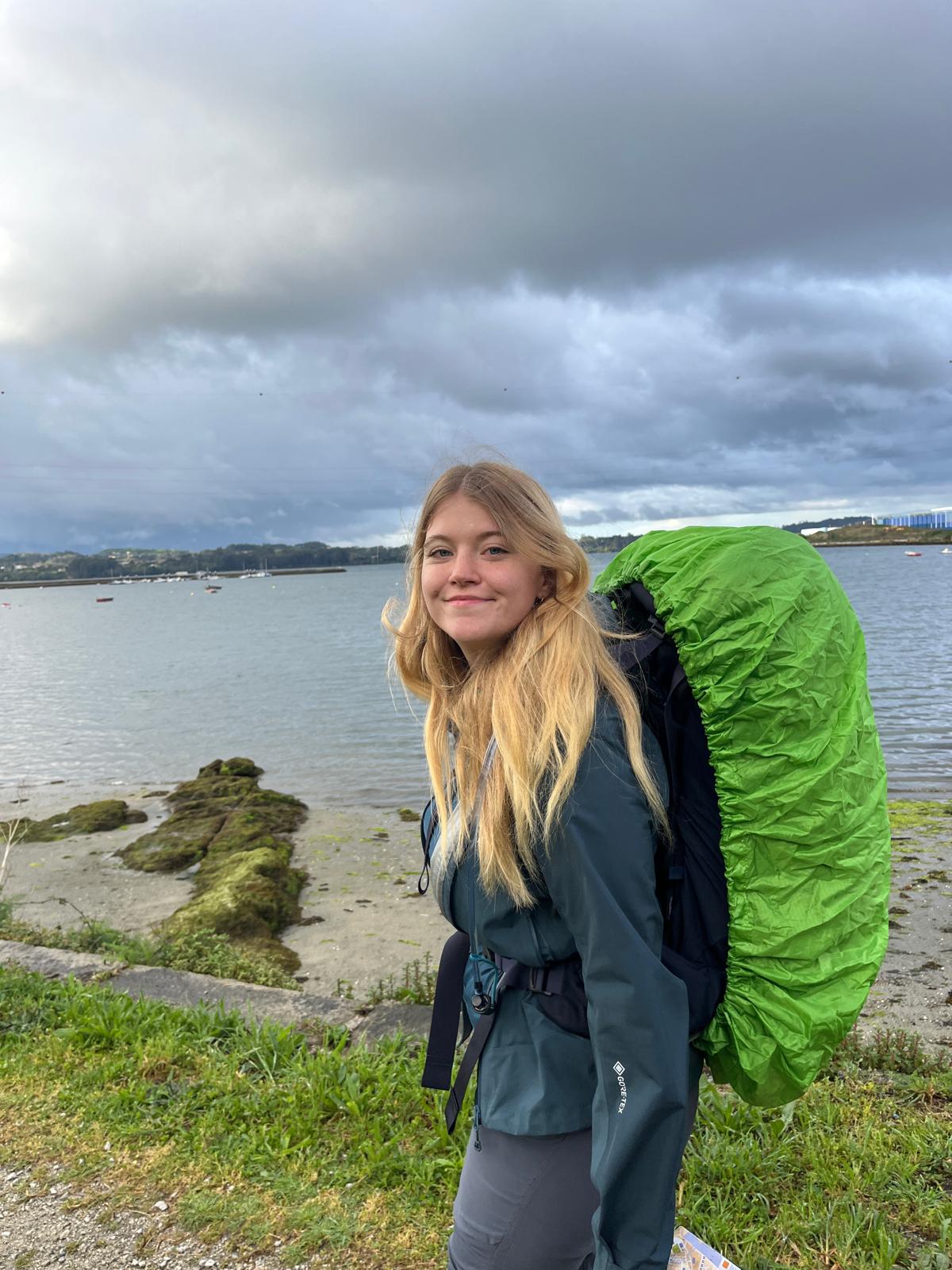
Karenza Pearson
she/her/hers
PhD Student
2402028 (at) swansea.ac.uk
I am a PhD student at Swansea University, with the Restoration Ecology and Dynamics (READY) Doctoral Focal Award. My research focuses on measuring and modelling the future persistence of restored peatlands at their bioclimatic range limits. I am supervised by Prof Cindy Froyd, Dr Miguel Lurgi and Prof Bernd Kulessa.
I previously completed an MRes at Swansea University, where I investigated long-term vegetation and wildfire dynamics in the high Cascade Mountains of the Pacific Northwest, USA. Prior to this I was at Durham University for my BSc in Biological Sciences where I examined palaeoecological signatures in UK blanket bogs.
Outside of my research, I enjoy camping and hiking, as well as cooking and sewing.
Lucia is a joint PhD student with the SHOAL group supervised by Dr Andrew King.
I completed both my BSc and my MSc at the University of Strasbourg and specialized in animal behaviour also through my master’s thesis on the individual development of social rank in male Alpine ibex.
In October 2023 I started my PhD, supervised by Andrew King and Miguel Lurgi, on bioherding, using drones to herd animal flocks for conservation efforts, for example enhancing animal welfare or solving human-wildlife conflicts.
I like to spend my free time exploring the outdoors. I go climbing and mountaineering as soon as I get the chance, or I just hike in the hills around home.
I am a PhD student at the Computational Ecology Lab at Swansea University, co-supervised by Dr Miguel Lurgi and Dr Steve Slocombe. My PhD explores the dynamics of microbial assembly both in vitro and in silico specifically in the context of algal bioreactors.
In 2022, I completed my BSc in Biological Sciences from Imperial College London. My undergraduate thesis modelled the niches of two symbiotic species: Norway Spruce and the fungus Russula ochroleuca.
In 2024, I obtained my MSc in Computational Modelling in Ecology and Evolution from Imperial College London. During my thesis project I investigated how ecosystem function could be maximised through assembly manipulation in microbial systems using a modelling approach.
In my free time I enjoy gaming, cooking, baking and reading.
Sion is an MRes student at the Computational Ecology Lab, investigating the spatial use and behavioural responses of a moose population to human-driven environmental change in Canada.
His project is supervised by Dr. Miguel Lurgi and Prof. Jim Bull, in collaboration with the John Prince Research Forest in northern British Columbia, Canada. The project focuses on questions related to moose populations in the research forest’s study area, with a particular interest in movement patterns and energy landscapes derived from camera trap data.
Sion is an alumnus of Swansea University, having graduated in BSc Zoology with a year in industry.
In his spare time, he enjoys hiking, graphic design, guitar, and videography.
Affiliates
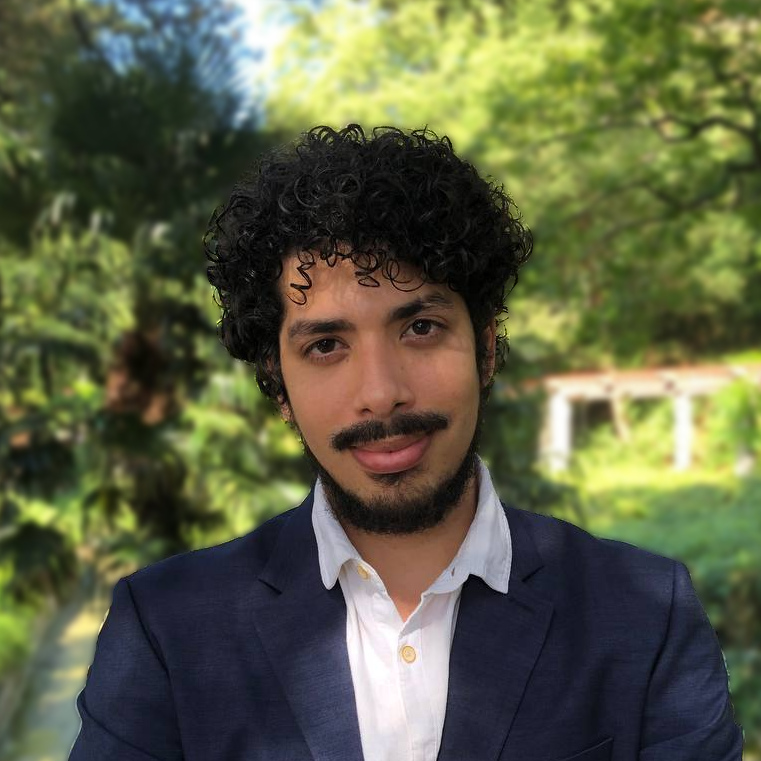
Rafael Menezes
he/him/his
Affiliate, PhD Student at Dr Martínez-García’s lab
r.menezes (at) usp.br
https://www.rafaelmenezes.com/
 0000-0003-2066-3293
0000-0003-2066-3293  rafael-menezes-santos
rafael-menezes-santos  Scholar Citations
Scholar Citations  @raf_menezes
@raf_menezes  r-menezes
r-menezes I am a Ph.D. candidate in ecology at São Paulo University (USP, Brazil) currently conducting research at the Center for Advanced Systems Understanding (CASUS-HZDR), in Görlitz, Germany. With a background in physics (BSc and MSc), I have been constructing mathematical and computational models to understand ecological systems since my undergraduate studies.
My research focuses on understanding the population and community-wide consequences of organism-level behavior, particularly in relation to movement. Alongside Miguel Lurgi and Ricardo Martinez-Garcia, we are investigating how local interactions between conspecifics can change broad scale dispersal patterns. I believe that interdisciplinary collaboration is the only way we can make sense of a complex world, and I have presented my work at various conferences and events.
In my free time, I enjoy traveling, meeting new people, and experiencing different cultures. I also enjoy hiking, drinking tea, and playing chess, although I admit to being quite uninspired in the latter.
Alumni
Lucie Thompson
PhD Student
she/her/hers
2021 - 2025
Subsequently: Postdoctoral Researcher at the French Natural History Museum, Paris


Amelia Jones
MRes Student
2023 - 2025
Subsequently: Research Technician at the SEACAMS2, Swansea

Grace Balchin
Year In Applied Research, BSc Student
they/them/theirs
2023 - 2024
Subsequently: Marine Biology graduate


Oliver Morgan
MRes Student
Assessing the distribution of are endemic hyperoceanic bryophytes in the UK
2022 - 2024




Abigail Turnlund
PhD Student
The network structure of microbial communities inducing coral larval settlement
2020 - 2024
Subsequently: Postdoctoral Researcher at the Institute for Functional Marine Biodiversity at the University of Oldenburg (HIFMB), Germany



Charley Robinson
MRes Student
Pili formation in filamentous cyanobacteria
2022 - 2023
Patrick Colledge
MRes Student
Gene regulation in fatty acid pathways in cyanobacteria
2022 - 2023
Siena McQuade
MRes Student
Bimodality in depth use by whale sharks
2021 - 2023
Rowan Durrant
MRes Student
Effects of metapopulation structure on Tasmanian devil facial tumour disease spread
2019 - 2021
Subsequently: PhD student, Hampson Lab @ University of Glasgow
https://www.gla.ac.uk/pgrs/rowandurrant/


Visitors
Ricardo Martínez-García, Ph.D. - Visiting Research Scientist
from Centre for Advanced Systems Understanding, Germany
2023
